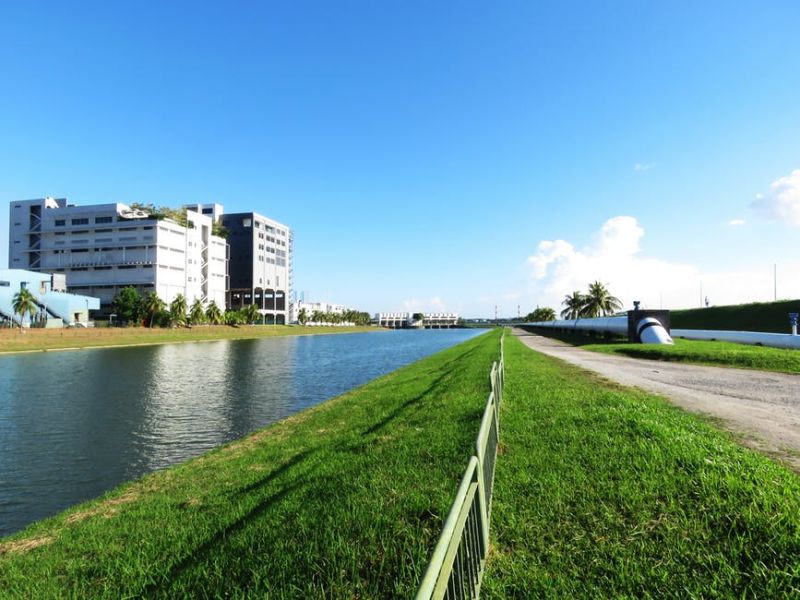Ramboll to Take Part in a Digital Twin Project for Water Treatment
Published on by Water Network Research, Official research team of The Water Network in Technology
Ramboll Engineering Group, together with partners, will investigate how open data in digital twins for water treatment plants can contribute to new products and services for efficient and sustainable water treatment.

Representative Image Source: Pexels, labeled for reuse
Through collection of data on everything from design and materials to demographic data and new regulations, digital twins can be used to calculate, plan and develop water treatment in a sustainable way.
“In Ramboll, we look at the technology of digital twins within several areas. Water treatment is an area where the needs are acute and where problems would affect many people's daily lives. Therefore, it is relevant both from a technical and a human perspective to participate in the project with our expertise”, says Anette Seger, Director, Water & Wastewater Treatment.
According to estimates from the organization Swedish Waters, yearly investments of 1,5 Million Euro will be required in Sweden over the next 20 years to build new plants with the right capacity. Digitalization can play an important role and save costs in connection with the new construction and renovation of the water treatment plants.
“With digital twins we have prerequisites for real-time information. We can observe how operation and maintenance is affected and can be streamlined and thereby optimize the investments and prevent risks. Another advantage is that there will be better opportunities for transferred experience”, says Anette Seger.
About the project
The project “Open data, shared design and digital twins in innovation ecosystems for socially critical infrastructure”, is headed by IVL Swedish Environmental Research Institute and performed in collaboration with Rise Interactive, Department of Information Technology at the University of Skövde, Department of Integrated product development at KTH, Ramboll Sweden, Virtual Cities of Sweden, Hagström Consulting, City of Gothenburg and Trollhättan Energi. The project is financed by Vinnova Sweden’s Innovation Agency.
Source: Ramboll
Media
Taxonomy
- Treatment
- Industrial Wastewater Treatment
- Drinking Water Treatment
- Water Treatment & Control
- Industrial Water Treatment
- Technology
- Water Treatment Solutions
- Industrial Water Treatment
- Data Management
- Remote Sensing & Data Analysis
- Water
- Water Purification
- Renewable Water Resources
- Information Systems
- Corporate Sustainability
- Technologies
- Water conditioning
- Database Managment
- Database Software
- Data Acquisition
- Data Center Management
- Data & Analysis
- Packaged Water Treatment System